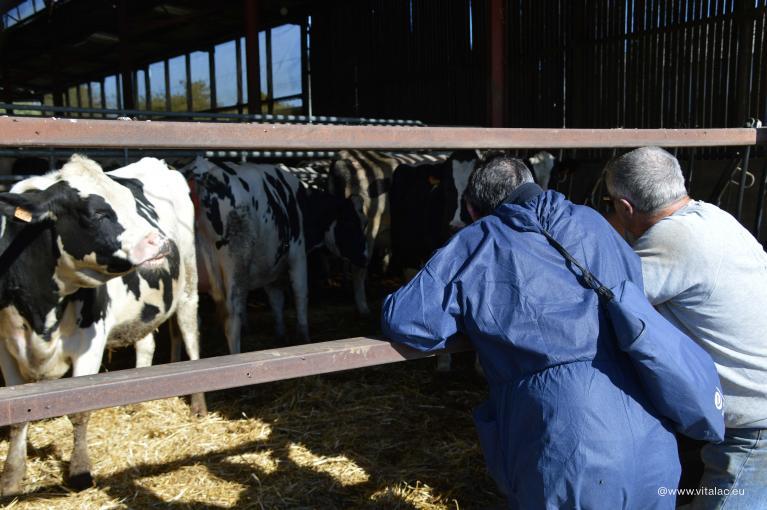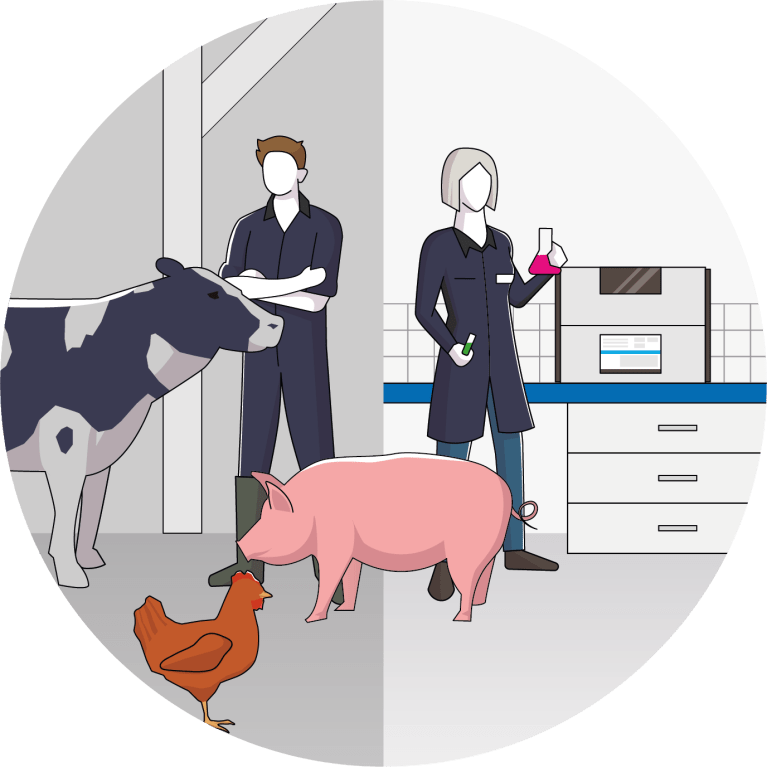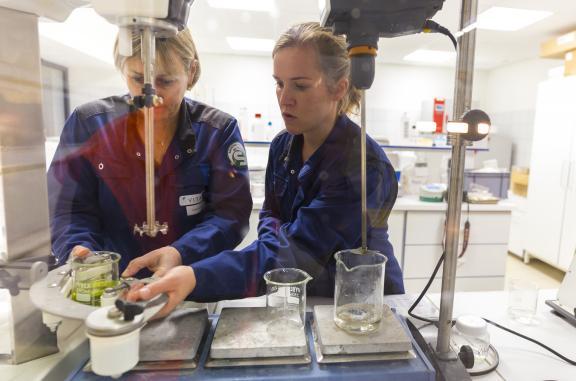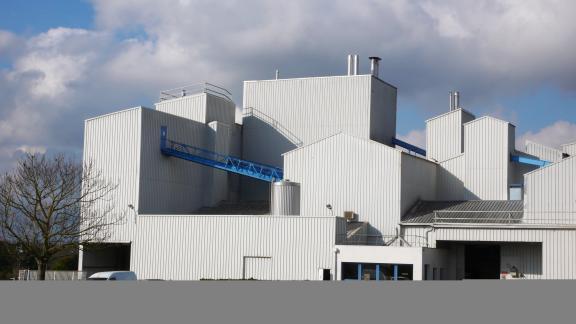Our engagements
VITALAC takes concrete action for high-performance agriculture at the heart of ecosystems, all around the world. A commitment that has always guided our actions. A daily effort dedicated to the continuous improvement of our activities.
For our teams, for our clients, for the environment
At VITALAC, as an industrial company operating in more than 60 countries, we play a major role within our ecosystem. We are, of course, a provider of nutritional solutions for animals, but also an employer, a purchaser of raw materials (cereals, additives, etc.), a manager of industrial sites, and a contracting authority for international transport companies.
These multiple roles commit us to our stakeholders, particularly:
- Our employees: We ensure optimal working conditions and a safe environment.
- Our clients: We strictly comply with hygiene and health regulations.
- Our local communities: We contribute to their development and dynamism.
- The environment: We are undertaking a comprehensive approach to reducing our impact.
A CSR approach to formalize our actions and go even further
Our CSR policy in action
DURALIM Member
Aware of the impact of deforestation on biodiversity and climate, 100% of our soybean supplies are certified Zero Deforestation. As a member of Duralim, we are also committed to long-term discussions within the industry and are part of the Sustainability working group.
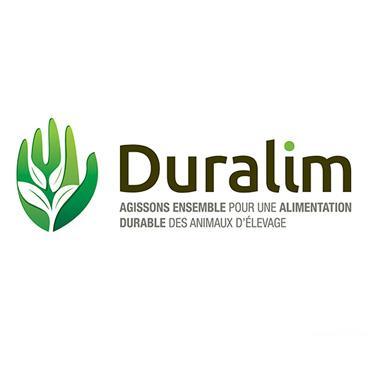
Carbon Footprint
As part of the ADEME ACT Step by Step initiative, we conducted our first carbon footprint assessment (based on 2021 data) and set clear reduction targets for our environmental impact:
- 20% reduction in our Scope 1 and 2 emissions by 2030.
- 10% reduction in our Scope 3 greenhouse gas emissions per ton of product leaving our factory by 2030.

CAP'2ER Diagnosis
Since 2024, VITALAC has been supporting its farmer clients in reducing the carbon footprint of their operations. Our teams are trained and certified to conduct CAP’2ER Level 2 diagnostics, guiding farmers toward the most effective decarbonization strategies based on their goals. As an Agri Bas Carbone-certified company for 2024 in Brittany, we also assisted some farmers in developing carbon footprint reduction action plans, with financial support from the Brittany Region and CILOUEST.

First CSR Assessment
For our first evaluation of CSR performance, we achieved a score of 56/100, reflecting the efforts already undertaken at VITALAC.
According to EcoVadis criteria, our strengths lie in:
- The social and environmental measures we have implemented.
- Our reporting systems, ensuring proper monitoring and follow-up.
Our key areas for improvement focus on formalizing and structuring our policies to go even further.
Want to learn more? Contact us for full details of our evaluation.
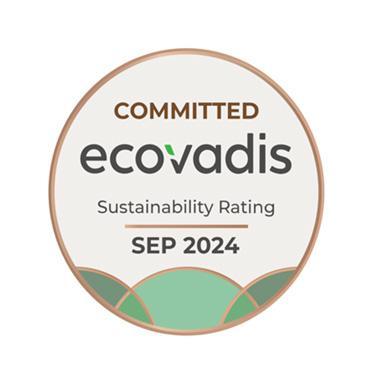
Packaging Waste Recovery
Since 2023, VITALAC has been actively involved in the recovery of agricultural packaging waste as a contributor to ADIVALOR, the dedicated actor for the management and recycling of agricultural packaging.
As a supplier of packaging for animal nutrition, we embrace our role in the circular economy and support initiatives aimed at reducing the environmental impact of our activities.
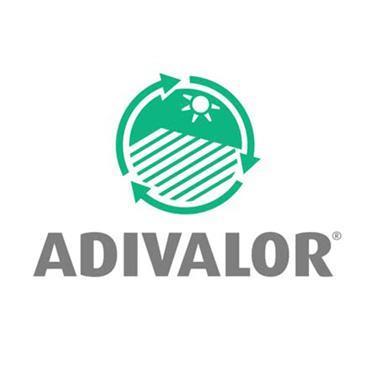

A long-standing sense of commitment
VITALAC has always had a long-standing sense of commitment. In the 1990’s, we invested in a research programme to find an alternative to the antibiotics used at the time in piglet feed. We were ahead of our time in this field and we can be proud to have been at the forefront of a range of organic acids recognised today as a genuine alternative for the health of young animals in particular.
